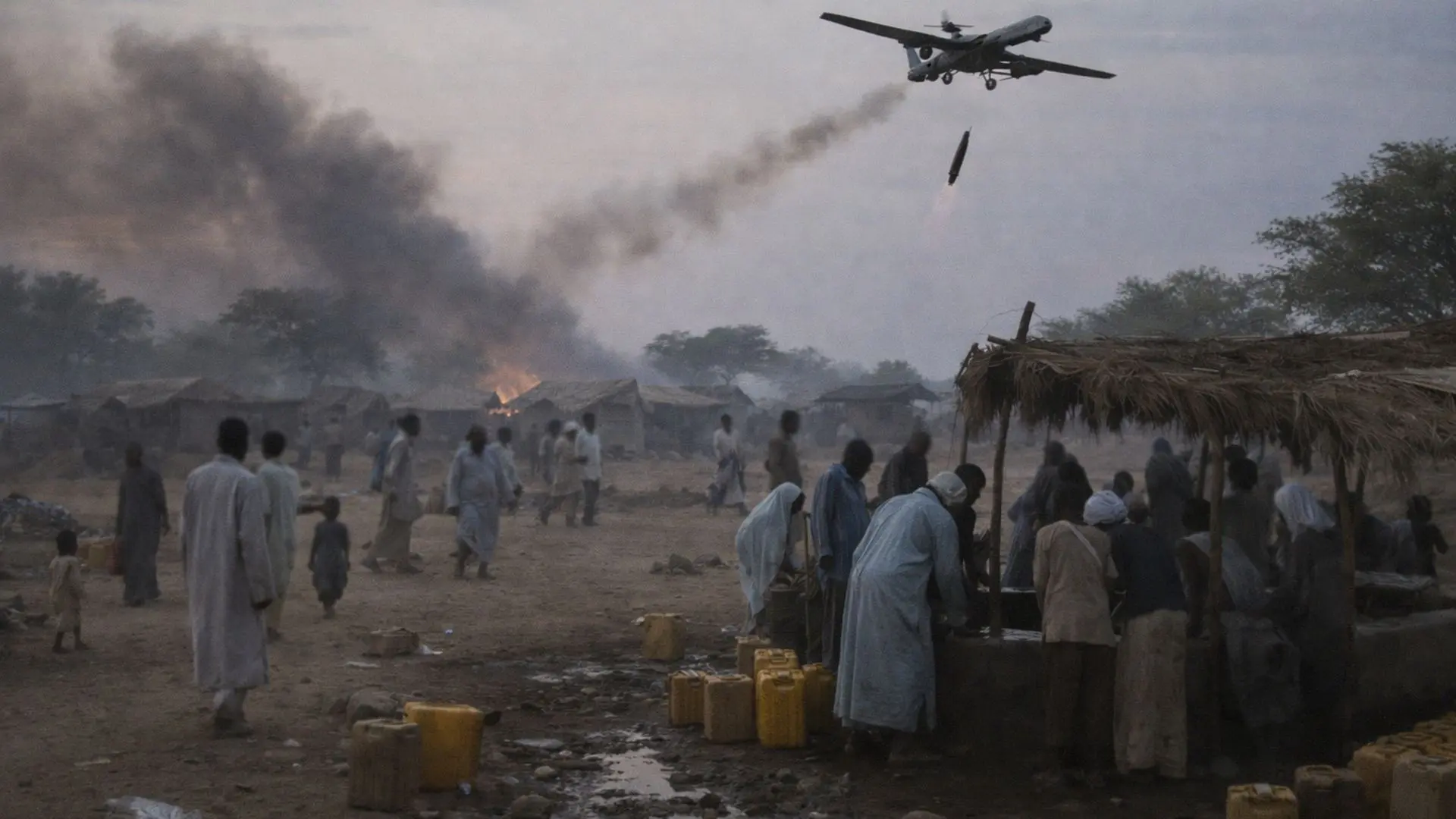As we enter the summer of 2023 the global climate continues to astonish us with weather phenomena. Soaring temperatures and intense rainfall are wreaking havoc in regions highlighting the need to address climate change. This article explores the surge of weather events their impact, on different parts of the world and ongoing efforts to comprehend and mitigate their consequences.
Reaching New Heights, Alarming Temperature Surge in Switzerland
Amidst Europe’s scorching conditions, Switzerland is facing a concerning rise in temperatures. The UN World Meteorological Organization (WMO) issued a warning about this issue. Speaking from Geneva WMO spokesperson Clare Nullis revealed that the freezing point has reached an altitude of 5,298 meters—surpassing Mont Blancs peaks. This elevation is a staggering 115 meters higher than the record set in 2022 making it the highest point recorded since temperature measurements began in 1954.
Ms Nullis emphasized that the impact of this heatwave on glaciers cannot be ignored. It has led to changes in freezing levels and snow cover, exacerbating years of observations of vanishing snow and ice, on glaciers—an unfortunate continuation caused by this latest heatwave.
Extreme Heatwaves Sweeping Across Europe
The countries of Southern Europe, Italy, France, Croatia and Portugal are currently facing heat waves. The national weather forecaster, in France, Météo France has issued alerts ranging from amber to red across regions as record-breaking daytime and minimum overnight temperatures are being recorded.
Similar red alerts have also been issued in parts of Italy, Croatia and Portugal with neighbouring countries receiving amber heat alerts.
In contrast to this scorching heat, Scandinavia is experiencing an amount of rainfall. Norway has even issued alerts for the rainfall in its southern regions due to the potential risk it poses to human lives.
Impacts on Human Health
The relentless heat brings health risks as demonstrated by summer statistics. Over 61,000 individuals lost their lives due to heat-related causes across 35 countries during the summer months. Tarik Jašarević, a spokesperson, for the UN World Health Organization (WHO), emphasized the need to address these risks associated with heat.
Glacial Effects and Ongoing Research
Scientists are currently investigating how rising temperatures are affecting glaciers. In Switzerland, snow cover is now limited to elevations—a clear indication of how profoundly the heatwave is impacting these icy formations.
The United Nations defines heatwaves as periods of weather statistically speaking and their prolonged duration makes their effects particularly worrisome.
Heatwaves and Tropical Cyclones Across the Globe
Outside of Europe, there are sweltering conditions, in the southern parts of the United States resulting in excessive heat warnings. Moreover, there has been an increase in cyclone activity in the Atlantic region, which raises concerns about flooding and extreme rainfall. Specifically, there have been worries regarding tropical systems Gert, Franklin and Harold.
Franklin caused flooding in Haiti and the Dominican Republic while Harold is expected to make landfall in Texas bringing with it rainfall and a risk of flash flooding. The convergence of heat and substantial rainfall in Texas highlights the nature of the climate crisis.
Unprecedented Rainfall and Extraordinarily Wet Conditions
regions known for their climates are experiencing unprecedented levels of rainfall that are reshaping landscapes. Death Valley, one of the places, on Earth recently broke records by receiving its recorded amount of rainfall ever; 2.20 inches. This surpasses a record setback in August 2022. Demonstrates how climate patterns can be dynamic and unpredictable.
Global Responses and Ongoing Initiatives
As extreme weather events continue to impact parts of the world attention has turned to the United Nations’ efforts to comprehend and address climate change effectively. While discussions have arisen about naming heatwaves to cyclones the World Meteorological Organization (WMO) remains primarily focused on ensuring public safety through effective messaging.
Moreover, the recent gathering of the Greater Horn of Africa Weather Forum emphasizes the significance of cooperation, in addressing and minimizing the consequences of weather conditions.
In conclusion, the world is confronted with evidence of climate change through weather events, such as scorching temperatures in Switzerland and unprecedented rainfall in Death Valley. As new records are continuously set it becomes crucial for governments organizations and individuals to prioritize taking action, against climate change and implementing measures to adapt to its impacts. Only through collective efforts can the global community successfully navigate the challenges posed by these extraordinary weather patterns.






